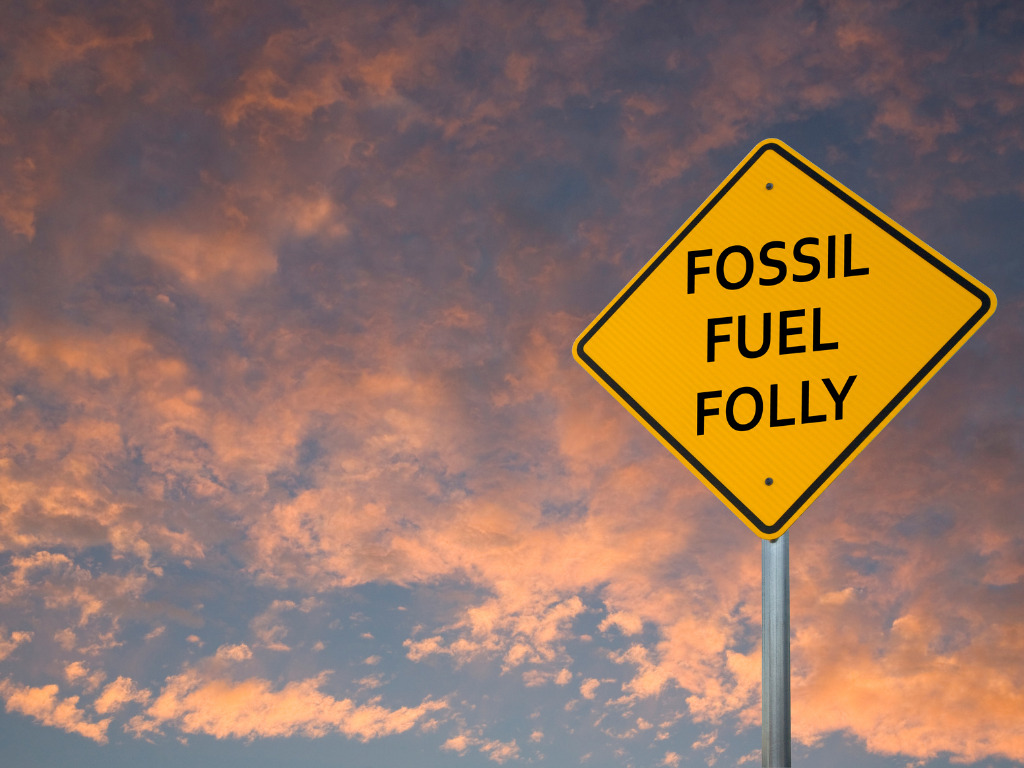Despite Public Targets, Most Countries Are Not Reducing Fossil Fuel Productions
3 Mins Read
A new report shows that the world’s governments, despite the targets they set for themselves in the 2015 Paris Climate Agreement, are failing to sufficiently reduce fuel production and consumption.
By WhoWhatWhy Staff, WhoWhatWhy
When it comes to fighting global warming, the world’s leading energy producers and users talk a good game. But the problem is that they aren’t doing what is needed to keep the Earth’s temperature in check. In fact, according to a new United Nations report released Wednesday, they are doing the opposite.
According to the calculations of the climate experts who worked on the document, the world’s governments are planning to produce more than twice as much fossil fuels in 2030 than the levels that would be needed to limit global warming to 1.5 degrees Celsius, and 69 percent more than the level that would allow them to increase warming by “just” 2 degrees Celsius.
Those are the two targets that nations had set for themselves in the Paris Climate Agreement in 2015. However, none of the 20 nations whose fossil fuel production was analyzed for the report will meet these goals, which have to be achieved in order to keep global warming to a somewhat manageable level.
“Governments are literally doubling down on fossil fuel production; that spells double trouble for people and planet,” said UN Secretary-General António Guterres. “We cannot address climate catastrophe without tackling its root cause: fossil fuel dependence.”
Guterres added that the upcoming COP 28 climate conference must address this issue and result in “credible commitments to ramp up renewables, phase out fossil fuels, and boost energy efficiency, while ensuring a just, equitable transition.”
However, in light of the past inaction of the world’s governments, it seems unlikely that countries are going to take the steps necessary to keep global warming in check.
According to the report, that would mean committing to a near total phase-out of coal production by 2040, and, using 2020 as a baseline, a 75 percent reduction in oil and gas production by 2050.
The report, which was jointly produced by the Stockholm Environment Institute (SEI), Climate Analytics, E3G, International Institute for Sustainable Development (IISD), and the UN Environment Programme (UNEP), makes it very clear that there continues to be a lack of commitment to tackle this problem, which will likely soon become the world’s biggest.
“We find that many governments are promoting fossil gas as an essential ‘transition’ fuel but with no apparent plans to transition away from it later,” said Ploy Achakulwisut, a lead author on the report and an SEI scientist. “But science says we must start reducing global coal, oil, and gas production and use now — along with scaling up clean energy, reducing methane emissions from all sources, and other climate actions — to keep the [1.5 degrees Celsius] goal alive.”
Unfortunately, countries are more likely to be guided by short-term economic policies than science.
“By mid-century we need to have consigned coal to the history books, and slashed oil and gas production by at least three quarters — well on the way to a full fossil phase-out,” added Neil Grant, a climate and energy analyst at Climate Analytics. “Yet despite their climate promises, governments plan on plowing yet more money into a dirty, dying industry, while opportunities abound in a flourishing clean energy sector. On top of economic insanity, it is a climate disaster of our own making.”
This article by WhoWhatWhy is published here as part of the global journalism collaboration Covering Climate Now.



